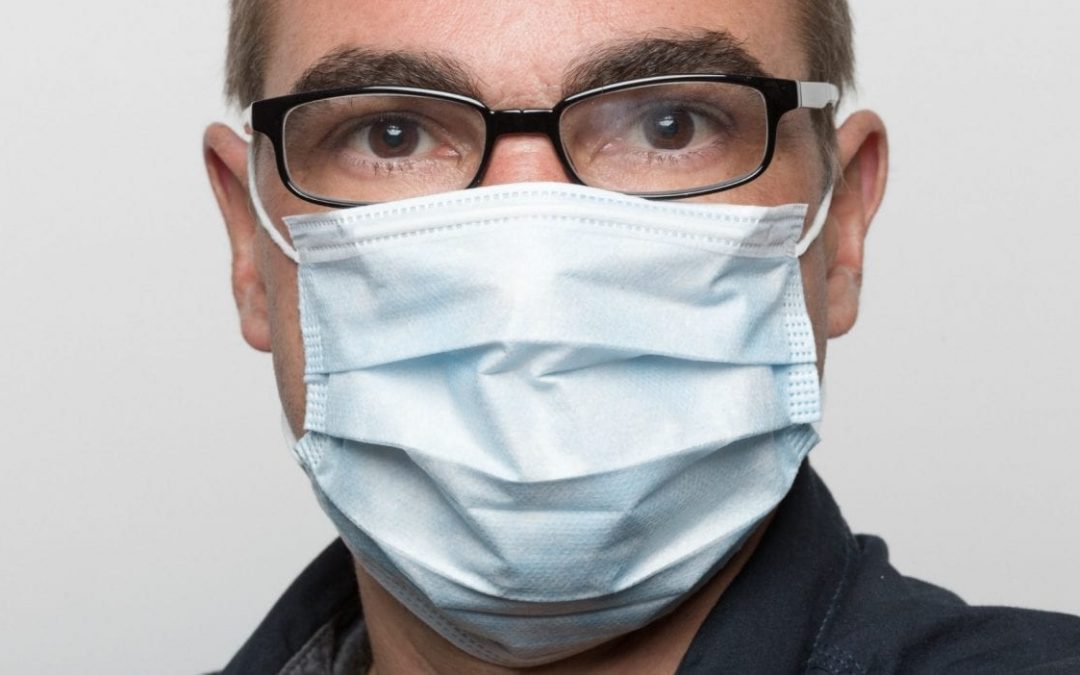The COVID-19 pandemic has ushered us into unprecedented times as both a nation and planet. Minute by minute, hour by hour, new information is being released. This is no doubt a very stressful time for us all, especially when exacerbated by uncertainties, which can be just as frightening as the virus itself. But, amid all of this stress and uncertainty, we’re reminded of the importance of mindfulness.
This “in the moment” experience of thoughts, feelings, perceptions, and bodily sensations can be especially helpful right now. With mindfulness, you can more easily look inside yourselves and see what, if anything, these trying times have stirred up. To some, it may seem soft, but as we know, mindfulness was built for difficulty. You’ve been training for this and the time has come to put it to work.
When faced with something as intense as COVID-19, fear is normal. But, if we’re not mindful of our fear, it can overwhelm and control us. That’s where mindfulness comes in. Whenever fear or uncertainty arises— whether brought on by the virus or not—we can stop and investigate it. By remaining open, curious, and accepting, we can learn to see it not as a monolithic feeling, but as a fleeting experience with movable parts, including sensations, thoughts, and visualizations.
Through this, we will learn to recognize patterns in ourselves. When fear is broken down mindfully, it becomes manageable. It can inform our next steps; we can then curtail our routines, thought processes, and decision making to accommodate. This can birth new perspectives and, by giving us the mental flexibility to consider another option, creates an island of safety in the midst of uncertainty.
Mindfulness brings a host of mental, physical, and emotional benefits. We can experience dynamic changes in our ability to concentrate, the management of both mental and physical pain, a greater capacity to enjoy life, as well as an improved overall sense of well-being. Regular mindfulness practices have even been shown to prevent depression.
By helping us become more mindful of our habits and practices, mindfulness can also better dictate our physical response. We can notice, for example, how often we’re touching our eyes, nose, and mouth— something you want to avoid in the midst of the pandemic. Instead of hugs and handshakes, we can learn to reprogram ourselves to send kind wishes of health and safety from a distance.
Though the COVID-19 pandemic has brought destruction and devastation, it has also shown just how connected we are. All of us are vulnerable. All of us are struggling in some way. But, by practicing mindfulness, we can not only care for ourselves, but also care for everyone around us. We know how emotional and sensitive a time this is and we want you to remember, we are all in this together. We will get through this.

